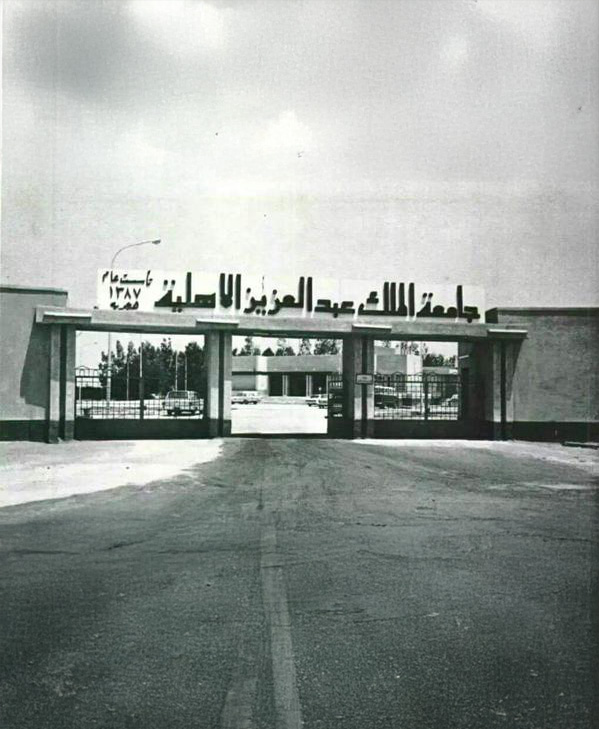The beginning and the origin (1384 AH)
After God bestowed His blessings upon the Kingdom of Saudi Arabia and the foundations of the state were firmly established through the struggle of its founder, the late King Abdulaziz Al Saud, who exerted tremendous effort in unifying the country and fulfilling its grand aspirations, the nation directed its focus toward two fundamental objectives: building a strong and cohesive society through social development, and establishing a robust national economy through growth. From the earliest stages of its foundation, the state recognized that these two objectives are inseparable, each shaping and reinforcing the other. From the first moments of unification, the Saudi leadership understood that the human being is the central pillar of development, both its means and its ultimate end. The supreme goal was to care for the Saudi citizen, who represents the cornerstone of the family, and the family, in turn, forms the nucleus of society. For this reason, the state endeavored to provide resources and opportunities to nurture citizens, enabling them to play an active role in building an integrated, cohesive, and enlightened society. From this perspective, education began to spread across the Kingdom, built on strong foundations of religion and moral values. It was designed not to be dazzled by borrowed models, but at the same time open to learning from the valuable experiences of others. From the outset, Saudi Arabia recognized that building a righteous citizen required fostering a supportive social and cultural environment that strengthens internal stability and contributes to the nation’s advancement. In today’s rapidly changing world, marked by accelerated cultural and political transformations, Islamic civilization faces significant challenges in maintaining its balance amid global shifts. Therefore, it became imperative for the Saudi state to reinforce its civilizational and cultural standing and revive its historic legacy in order to assume a global role. Within this context, the Saudi citizen was no longer confined to a local role, but assumed a global responsibility as an advocate of Islamic civilization contributing to the enrichment of humanity. Economically, the Kingdom witnessed profound transformations from the earliest stages of its development. The Saudi economy was built through interaction with a pristine natural environment, supported by the application of modern science and technology to harness its resources. With the expansion of trade and industrialization, the importance of women’s participation in economic growth became increasingly evident. Accordingly, education and training for women were prioritized within the framework of Islamic principles, enabling them to become effective partners in development while preserving the values of the Islamic faith. Public enthusiasm for this pioneering vision grew steadily, with citizens expressing their willingness to contribute financially to the establishment of a new university. On 15/3/1384 AH, it was proposed that the national university be named King Abdulaziz University. This reflected the community’s strong commitment and eagerness to actively participate in building educational institutions that embody their aspirations for the future.
Button Text
King Abdulaziz University, All rights reserved. © 2026
Search King Abdulaziz University
